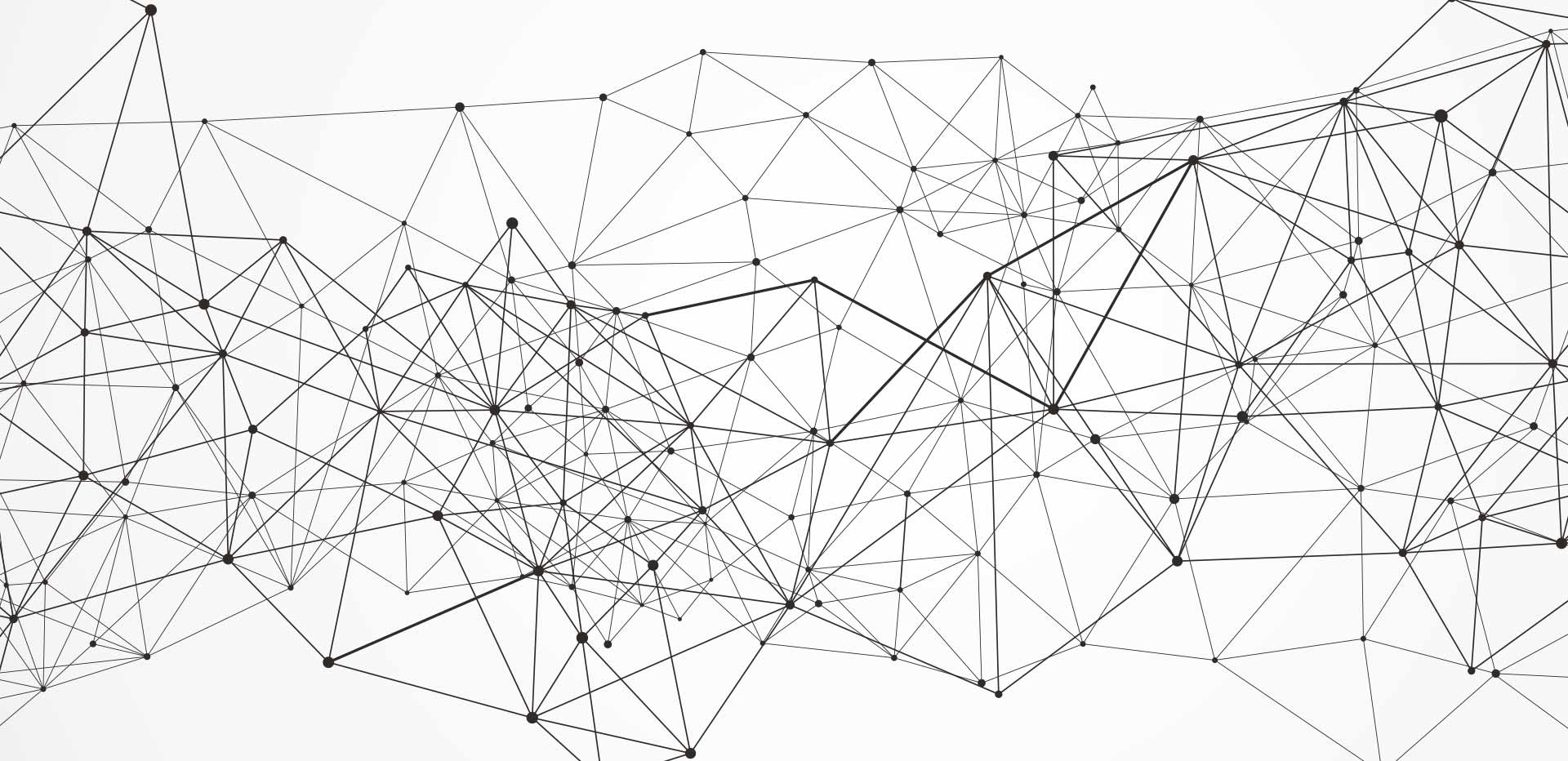This article sheds light on how algorithms, originally intended to promote fairness and automation, can inadvertently perpetuate discrimination. By examining various domains such as employment, housing, banking, and education, one can uncover the far-reaching effects of bias, influencing outcomes and potentially reinforcing societal prejudices. Recognizing the urgency of the matter, the article underscores the significance of early detection and effective intervention to address algorithm bias. It highlights valuable strategies like diverse team involvement, inclusive dataset testing, and robust monitoring and review processes to identify and rectify biases. Transparency and user feedback play vital roles in mitigating bias and fostering a sense of fairness. With a collective responsibility, individuals and organizations are called upon to confront algorithm bias head-on. The aim is to forge AI systems that transcend default biases, aligning with the fundamental principles of equity and inclusivity. By embracing best practices, we can strive for a future where AI algorithms stand as unbiased pillars, actively contributing to a society that is truly equitable.
By Paola Cecchi Dimeglio[1]
I. INTRODUCTION
Algorithm bias stacks the system against us, but we may never find out. We dread sentient, adversarial artificial intelligence (“AI”), but worse possibilities are already here. The algorithms that facilitate machine learning and drive our AI are discriminating. Me
...THIS ARTICLE IS NOT AVAILABLE FOR IP ADDRESS 216.73.216.112
Please verify email or join us
to access premium content!

